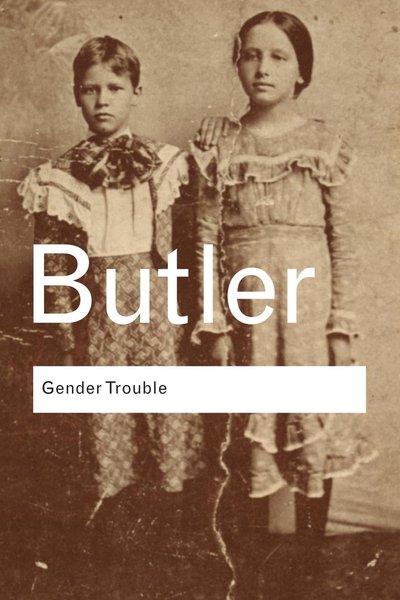Feminist Philosophy
7 related content items found
📚 Books 1
📄 Papers 6
Gender's Nature: Intersexuality, Transsexualism and the 'Sex'/'Gender' Binary
This groundbreaking article challenges the fundamental distinction between 'sex' and 'gender' by demonstrating that 'sex' itself is a social construction. Through examining intersexuality and transsexualism as embodied experiences that disrupt binary categories, Hird reveals how medical and social institutions work to maintain artificial divisions. The paper questions whether emphasizing sexual difference or exposing sex as construction better serves feminist goals for social transformation.
Re-reading the Second Sex: Theorizing the Situation
This essay re-evaluates Simone de Beauvoir's philosophical contributions in The Second Sex, particularly her theorization of the concept of 'situation.' Stavro argues that Beauvoir was not merely a follower of Sartre but critically transformed existentialism through embodied, situated subjectivity, establishing a unique foundation for feminist theory.
Thinking Feminism with and against Bourdieu
This groundbreaking article explores the productive tensions between Pierre Bourdieu's sociology of practice and contemporary feminist theory. Lovell critically examines Bourdieu's concept of habitus alongside Judith Butler's theory of performativity, revealing how each approach offers unique insights while harboring distinct limitations for understanding gender, agency, and social transformation. The analysis demonstrates how feminist scholars have creatively appropriated Bourdieu's concepts, particularly cultural capital, to illuminate the intersection of class and gender.
Demarginalizing the Intersection of Race and Sex: A Black Feminist Critique of Antidiscrimination Doctrine, Feminist Theory and Antiracist Politics
This groundbreaking paper first introduced the concept of 'intersectionality,' fundamentally transforming how we understand the interaction of multiple oppressions. Through analyzing legal cases, Crenshaw demonstrates how single-axis frameworks render Black women's unique experiences invisible in antidiscrimination law and feminist theory, providing a revolutionary analytical framework for understanding identity, power, and justice.
Situated Knowledges: The Science Question in Feminism and the Privilege of Partial Perspective
This groundbreaking paper redefines the concept of objectivity, proposing 'situated knowledges' as a third way between traditional scientific objectivity and relativism. Haraway argues that all knowledge comes from specific positional perspectives, advocating for 'feminist objectivity'—a form of knowledge production that acknowledges partiality, location, and embodiment.
Can the Subaltern Speak?
This foundational text of postcolonial feminist theory questions the possibility of Western intellectuals representing the oppressed. Through analyzing colonial discourse on Indian widow immolation (sati), Spivak reveals the imperialist logic of 'white men saving brown women from brown men,' arguing that subaltern women are structurally silenced under the dual oppression of colonialism and patriarchy.
Related Topics
Discover More Content
Explore more feminist-related topics and content
